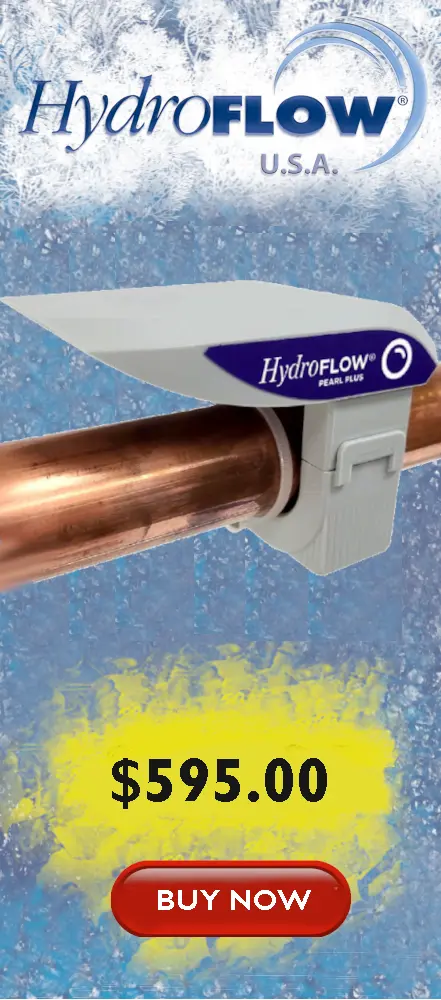New Jersey
Water Quality in the State of New Jersey
New Jersey is a Mid-Atlantic state that is bordered by New York, Pennsylvania and Delaware. It is one of the wealthiest states as far as median-household income is concerned and the most densely populated state in the US. New Jersey consistently ranks among the top public school systems in the nation.
The majority of New Jersey residents (63%) receive their potable water from the Millstone River, Raritan River, Delaware River, the D&R Canal, or a combination of these water sources. The remaining 37% of New Jersey residents receive their water from public wells.
Water Hardness Summary
New Jersey has hard water, based on USGS water hardness measures, with an average of 106 PPM. Trenton, the state capital, has a water hardness level of 222 PPM which is extremely hard. Newark, the most populous city in New Jersey, has 51 PPM, which is considered soft water.
For more information on water hardness in specific cities, please see table below.
PPM = Parts Per Million
mg/L = Milligrams Per Liter
gpg = Grains Per Gallon
Manufacturing and Water Hardness
New Jersey has long been known as a top advanced manufacturing state, with over 7,000 manufacturers contributing $52 billion to the states Gross Domestic Product in 2018. New Jersey’s top manufacturing industries are chemicals, food & beverage, tobacco products, computer products and electronic products.
Product processing in most manufacturing plants requires water. Cooling towers and HVAC are imperative to keeping operations running smoothly. Water hardness levels can be as high as 500 PPM; with water hardness levels this high, manufacturing equipment can deteriorate at a rapid pace and experience efficiency loss.
Solutions to your Water Quality Problems
Fixing your water quality issues in the state of New Jersey will depend on your specific water source. It is best to test your potable water supply in order to get a better understanding of your water quality. Testing is relatively cheap. The test results will allow you to understand if your potable water has issues that need to be addressed. Common solutions to water contamination problems may include a water filtration system, a reverse osmosis system or other whole home water treatment solutions.
A problem most New Jersey residents will have to deal with is hard water. One old-fashioned, inefficient, expensive and unhealthy method to treat hard water is with a salt-based water softener. Most people don’t realize that if you’re using a water softener you are basically removing calcium and magnesium from your drinking water and adding salt to your diet. In addition, many states are banning the use of salt-based water softeners.
Alternative water treatment solutions such as “water conditioners” have been gaining popularity in recent years because they are cheap to operate and the best eco-friendly solution for hard water. Hydropath technology, which powers the HydroFLOW water conditioners is by far the most efficient and cost-effective eco-friendly solution to deal with hard water problems. To learn more about how HydroFLOW solves the problems created by hard water, please check out our technology page. You might want to read this blog that explains the difference between water conditioners and water softeners: Water Conditioner vs. Water Softener Blog.


